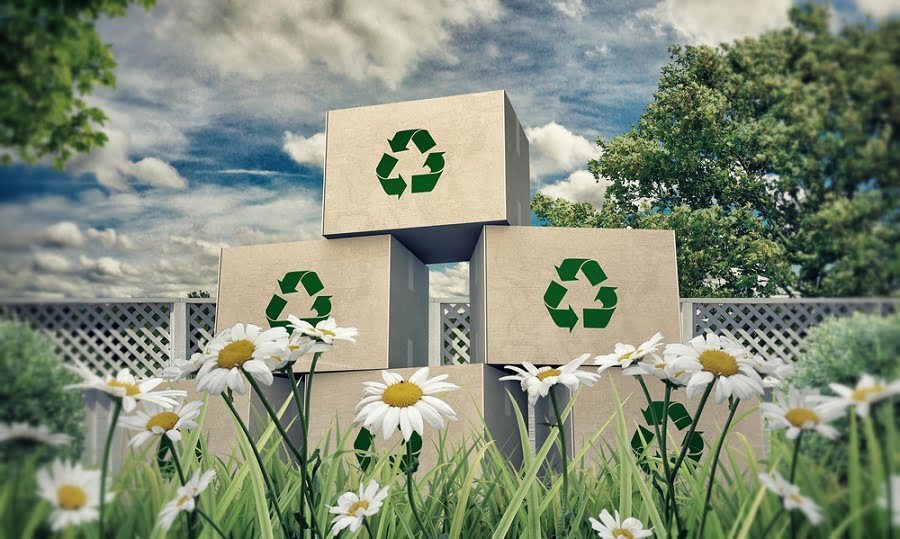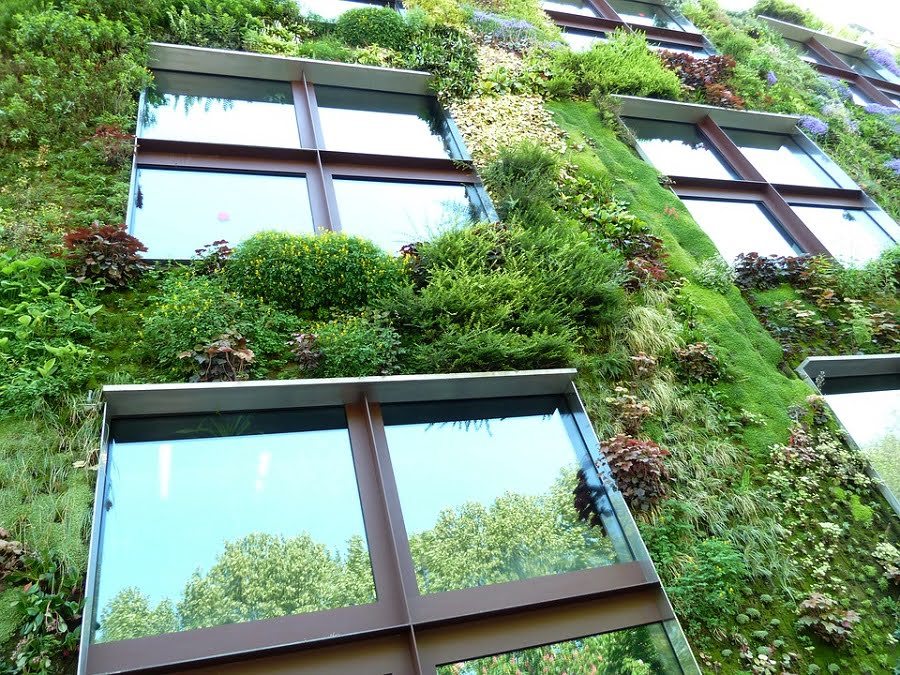Last updated on
This article will delve into the intricacies of Seattle’s recycling rules, ensuring you’re equipped with knowledge on how to recycle effectively following the city’s specific regulations.Seattle’s recycling efforts have become a model for other cities due to its strict adherence to recycling best practices. In this push towards a more sustainable future, an understanding of the city’s recycling rules is fundamental.Seattle Public Utilities has established specific rules and guidelines for recycling, affecting both residents and commercial establishments. These rules target the separation of waste into three categories: recyclables, compostables, and general waste.Seattleites are known for their environmentally friendly habits, and this can be attributed to the city’s recycling regulations. According to the rules, items such as glass bottles and jars, paper products including newspapers, cartons, and cardboard, as well as aluminum cans and plastic bottles are recyclable. However, you must ensure that these items are clean and free from food residues prior to placing them in recycling containers.A unique aspect of Seattle’s recycling mandates is the composting rule. In an effort to cut down on waste, residents are required to separate compostables such as food scraps, soiled paper, and yard waste from the general waste stream.However, it is important to bear in mind that certain items are not recyclable and should not be included in recycling containers. These include styrofoam, plastic bags, ceramics, and hazardous waste materials.Some people might argue that these rules are complicated or time-consuming. However, with a little effort and education, we can all contribute to a greener and cleaner Seattle. To make it easier, the city provides recycling guides and online resources to aid in understanding what can and can’t be recycled.Ignorance of these rules does not excuse non-compliance. The city carries out regular inspections and those who fail to comply can face penalties. It’s an integral part of living and doing business in Seattle and demonstrates respect for the environment.Seattle’s commitment to maintain and improve its recycling programs is a step towards creating a more sustainable future for the city. When stringent recycling rules are embraced, the results are cleaner streets, reduced landfill waste, and improved overall public health.It’s not just about following the rules, it’s about being a responsible citizen and contributing to the collective effort to minimize environmental damage and drive sustainable practices.
Key takeaways:
- No plastic bags – take them to specific collection points.
- Clean and dry recyclables to avoid contamination.
- Flatten cardboard to save space.
- Labels stay on cans and bottles – no need to remove them.
- Caps and lids on plastic bottles and jars can be recycled.
Seattle-Specific Recycling Standards
In Seattle, knowing the local recycling standards is crucial for ensuring your efforts don’t go to waste, literally. The city adopts a stringent approach to reduce contamination in recycling bins. Here’s what you need to keep in mind:
1. No Plastic Bags: These are notorious for clogging machinery at recycling facilities and must be taken to specific grocery store collection points.
2. Clean and Dry: Rinse jars, bottles, and cans. Leftover food and liquids can spoil entire batches of recyclables.
3. Flatten Cardboard: Save space in your bin and in the recycling truck by flattening cardboard boxes.
4. Labels Stay On: There’s no need to remove labels from cans or bottles; the recycling process takes care of that.
5. Caps and Lids on Plastic Bottles and Jars: Keep them on to ensure they don’t get lost in the sorting process and can actually be recycled.
6. No Shredded Paper: While it seems counterintuitive, shredded paper easily escapes and contaminates other recyclables. Use secure shredding services that recycle post-process.
Seattle residents staying informed and adhering to these guidelines are key components to the success of the city’s recycling program. Understanding these specific rules not only makes recycling more effective but also supports a healthier environment.
Acceptable Items for Seattle’s Curbside Recycling
Navigating Seattle’s recycling system means understanding what goes into your blue cart. Paper products like newspapers, magazines, office paper, cardboard, and milk cartons are all clear for recycling, but remember to break down your boxes to save space.
When it comes to plastics, look for the recycling symbol with numbers 1 through 7, typically found on items like bottles, jugs, and dairy tubs.
For glass, separate bottles and jars from their metal lids, which can also be recycled. And let’s talk metal; aluminum cans, tin cans, and foil — clean off any leftover food first — are welcome in your bin.
However, while these materials are generally recyclable, take extra care with items that can cause issues, such as greasy pizza boxes or plastic bags, which need to be dropped off at specific collection sites.
Keep these simple sorting tips in mind to help Seattle stay clean and green.
Special Handling: Electronics, Appliances, and Hazardous Materials
In Seattle, not everything can go into your blue bin. Electronics, appliances, and hazardous materials require special attention due to potential environmental impacts.
For your old phones, computers, and TVs, consider E-Cycle Washington. It’s a free program that ensures the responsible recycling of electronics. Drop-off locations are spread throughout the city, making it convenient to dispose of these items properly.
Appliances, whether it’s a toaster or a refrigerator, are recyclable, but they’re not curbside-friendly. Private haulers or specialized recyclers usually handle these, sometimes for a fee. It’s crucial to check with local facilities for recycling criteria and schedules.
When it comes to hazardous waste like batteries, paints, and certain cleaners, Seattle provides designated drop-off sites. These materials can harm the environment and sanitation workers if thrown in with regular trash, so it’s important to use these facilities. They ensure dangerous chemicals are managed safely and sustainably.
Remember, taking the extra step for these items protects the environment and supports Seattle’s green initiatives. Keep an eye out for community collection events as well, which offer additional opportunities for responsible disposal.
How Seattle Policies Influence Recycling Behaviors
Seattle’s forward-thinking approach is designed to make recycling second nature for residents. The city has implemented a ‘single-stream’ system, which simplifies the process by allowing individuals to mix all recyclables together, eliminating the need for tedious sorting. Such ease of use encourages more people to participate.
To further induce compliance, the city enforces a ban on recyclable materials in the garbage. When these materials are found in trash bins, residents may receive a notice or, in some cases, face a fine. This sends a strong message about the city’s commitment to environmental responsibility.
Moreover, the city also provides transparent communication through a comprehensive website and a handy app, ‘Recycle It’, to clarify what goes where. These resources help to demystify recycling guidelines, making it easier for residents to recycle correctly and consistently.
Education campaigns and community events are also critical. The city invests in educating its residents about the importance of recycling, demonstrating the impact of recycling behaviors on sustainability, and acknowledging individual contributions to a greener Seattle.
In essence, these policy-driven strategies serve to foster a culture of recycling, making it not just a civic duty but a community norm. Through convenience, enforcement, and education, Seattle’s policies shape recycle-conscious behaviors, encouraging residents to make environmentally friendly choices on a daily basis.
The Future of Recycling in Seattle: Innovations in Waste Management
Seattle is at the forefront of embracing innovative waste management strategies aimed at creating a more sustainable city. One significant development is the investment in advanced sorting facilities, employing cutting-edge technology to separate recyclables more effectively. Optical scanners now identify materials by type and composition, thus minimizing contamination and increasing recycling purity.
The city also recognizes the value of composting as a pillar of sustainable waste management. By converting more organic waste into compost, Seattle not only reduces the amount of waste sent to landfills but also produces valuable organic material that can be used to enhance soil health.
Another leap towards a greener future is the exploration of waste-to-energy technologies. These have the potential to convert non-recyclable materials into energy, tapping into a resource that would otherwise contribute to landfill mass.
Furthermore, Seattle nurtures a strong community-centric approach to recycling. There are continuous educational programs aimed at increasing public awareness about the importance of proper waste disposal and the benefits of reducing, reusing, and recycling.
As recycling evolves, Seattle residents can expect more user-friendly recycling services, like apps that provide instant sorting information and a report on community recycling statistics. These tech-driven solutions are designed to make recycling a seamless part of daily life, reflecting Seattle’s commitment to environmental stewardship and innovation in sustainable living.
FAQ
What is the fine for not recycling in Seattle?
In Seattle, neglecting to separate recyclable or compostable materials can result in a fine of $1 for every non-compliant trash can.
Is number 5 plastic recyclable in Seattle?
Yes, number 5 plastic is recyclable in Seattle despite the resin identification number.
How does Seattle’s "Zero Waste" initiative influence the city’s recycling policies?
Seattle’s "Zero Waste" initiative significantly influences the city’s recycling policies by setting high landfill diversion targets, encouraging waste prevention strategies, and promoting robust recycling and composting programs.
What are some common misconceptions about Seattle’s recycling rules?
Contrary to popular belief, in Seattle, pizza boxes with grease stains are not recyclable, and neither is plastic with ‘compostable’ labelled on it, as it can only go in the compost bin.
How does Seattle handle the recycling of electronic waste?
Seattle handles the recycling of electronic waste through designated collection centers, recycling events, and environmental service companies that follow strict regulations to ensure safe waste disposal.
Related reading:
Table of Contents

